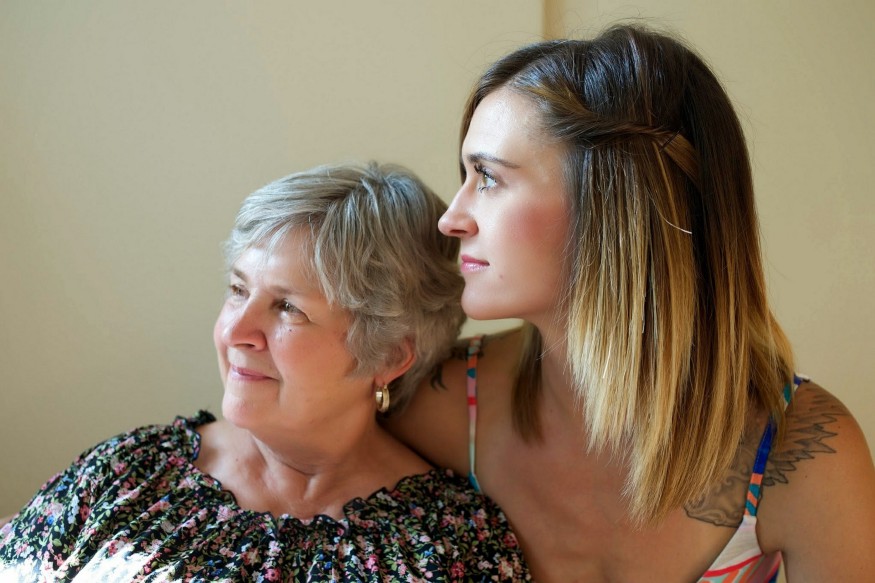Understanding Cognitive Issues Connected with Senior Aging
Years ago, a very fine lady had left our office and started to drive out of the parking lot. She had great driving skills but she never reached home. A daughter struggling to come to terms with her step-dad, just fifty six, couldn’t handle his car dealer business any more, or another very unfortunate story of a man who suddenly started speaking inappropriately, gambling his money off, shopping and hoarding.
All these people had one thing in common, a family that loved them and never imagined watching these events unfold in front of them so rapidly, so soon. Why? How?
Humans are living longer than decades ago all across the world. By 2030, our elderly populations will be more than millennial’s and caring for elderly is already expensive and causing global economies to rethink.
Not many non-elderly suffer from cognitive issues, but when they do, the effects are sometimes very scary for their families, communities as to themselves.
So how do we address this, so one can get diagnosed correctly, receive support and live an adequate healthy life despite there being no cure ?
Here is a checklist:
- Knowing what is normal and abnormal aging.
- Understanding that not all cognitive issues present themselves with memory loss.
- Being open to understanding human body changes in the aging process.
- Receiving regular annual health visits, and being open with personal and specialist health care professionals.
- Seeking help at the first mention / clue pertaining to a possible cognitive issue, like losing keys, directions, monies, shopping sprees, personality changes, sleep issues, habits, communications, gait, appetite, emotions, suspicious behaviors.
- Looking for signs of depression, apathy, speech problems, loneliness, sadness, inability to return back to normal state post-bereavement .
- Watching for signs of loss to smell, taste, vision, hearing and touch.
- Paying attention to dressing, cleanliness, nutrition, any hoarding issues, sudden anger/ shame or avoidance, new anxiety/ inhibition, forgetfulness, inability to complete daily chores/ work, personal, family, community or organizational changes.
- Finding new attention/ sudden interest in risky things like gambling, alcohol, drugs etc.
- Noticing decline suddenly or slowly with no specific reasons.
The varied spectrum of the social, psychological, biological, physiological, mental, emotional impacts on cognition, can sometimes make it confusing, harder or longer than usual in seeking the right help, treatment and care. Many times these issues are masked out of guilt or covered up by a loving family member.
However our duty lies in education, information, collaboration and continuous contribution to this issue.
We would love to hear from you. Please share other ways, that may have helped ? We sincerely appreciate your input and look forward to supporting our seniors and their families.
BY PURNIMA SREENIVASAN

HYGGE AIM, Inc dba mihygge
Copyright 2020
